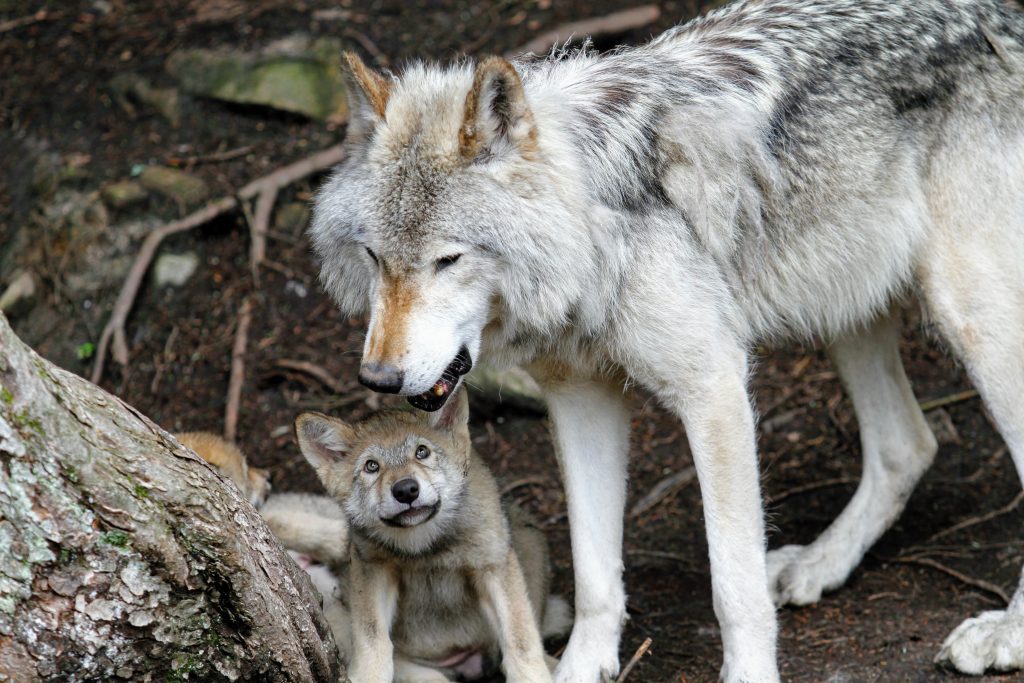Current work in wildlife, rivers, public lands, and climate
Press Releases
Parks and Wildlife Commission approves wolf plan for Colorado
GLENWOOD SPRINGS, COLO– Today, the Colorado Parks and Wildlife (CPW) Commission unanimously greenlit the agency’s plan to restore wolves to Colorado after the keystone species has been effectively absent from the state for roughly 80 years. The Commission also approved the rules which will determine wolf-killing and livestock loss compensation. Some wildlife advocates and conservationists worry that too much discretion in the plan and rules will lead to significant wolf-killing.
“The devil is in the details and in the discretion allowed to CPW staff who determine when wolves can be killed,” said Lindsay Larris, wildlife program director for WildEarth Guardians. “If caution and coexistence are emphasized in those determinations, wolves stand a chance to thrive. If not, there will likely be more conflict than there needs to be.”
The approved rules for killing wolves leave significant discretion to CPW staff to issue “lethal take” permits. “Chasing,” “molesting,” and “harassing”–key terms that could trigger lethal take permits–are undefined. A “Chronic Depredation Permit” could be issued to kill a wolf after just one livestock loss. And non-lethal coexistence methods are encouraged, but not required to obtain a lethal permit or compensation for lost livestock.
“There are some easy steps that the Commission could have taken to significantly reduce the likelihood of dead livestock and dead wolves,” said Chris Smith, southwest wildlife advocate for WildEarth Guardians. “Requiring livestock carcass removal and even some basic coexistence techniques before wolves are killed would have been wise. We’ll see how it plays out on the ground without those requirements.”
Background:
Following the 2020 passage of Proposition 114, Colorado statute requires that gray wolves are to be reintroduced to the state by the end of 2023 and that CPW will put a science-based plan in place to restore a “self-sustaining” population of wolves with the intent to “help restore a critical balance in nature.” The law also designates wolves as a “non-game” species, which precludes recreational trophy hunting and trapping.

Gray wolves. Photo via Unsplash.